Retinol Creams and Skin Hydration
Introduction
The Importance of Skin Hydration and Retinol's Role: In the realm of skincare, hydration stands paramount. But when coupled with retinol, a derivative of Vitamin A, the benefits are significantly amplified. This guide delves into the intricacies of retinol creams and their profound impact on skin hydration.
Understanding Retinol

Retinol Explained: Retinol, a powerhouse in the world of dermatology, is celebrated for its anti-aging properties. It accelerates skin renewal, diminishes fine lines, and evens skin tone. However, its benefits in skin hydration are often overshadowed.
How Retinol Works: On a cellular level, retinol stimulates collagen production and speeds up cell turnover. This rejuvenates the skin, making it look plumper and more hydrated.
Retinol and Skin Hydration

The Hydration Factor: While retinol is primarily known for its anti-aging benefits, its role in skin hydration is equally significant. Retinol enhances the skin's natural barrier, helping it retain moisture more effectively.
Balancing Retinol Usage: It's crucial to balance retinol use to avoid skin irritation. Starting with a lower concentration and gradually increasing it allows the skin to adapt without compromising its hydration levels.
Choosing the Right Retinol Cream

Ingredients to Look For: The ideal retinol cream should contain hydrating ingredients like hyaluronic acid, ceramides, and natural oils. These ingredients work in tandem with retinol to provide maximum hydration.
Understanding Concentrations: Retinol creams come in various concentrations. For beginners, a lower concentration, such as 0.25%, is advisable, gradually moving up to higher strengths.
Application Tips for Maximum Hydration
Best Practices in Application: To maximize hydration, apply retinol cream on damp skin. This technique helps in locking in moisture. Additionally, always follow up with a broad-spectrum sunscreen in the morning, as retinol can increase sun sensitivity.
Combining with Other Skincare Products: Layering skincare products correctly is crucial. Apply retinol cream after water-based serums and before heavier moisturizers.
The Role of Diet and Hydration
Internal Hydration for Skin Health: External application of retinol creams is complemented by internal hydration. Drinking ample water and maintaining a balanced diet rich in antioxidants contribute significantly to skin health.
Safety and Skin Types
Retinol for Different Skin Types: While retinol is suitable for most skin types, those with sensitive skin should proceed with caution. Conducting a patch test.
Conclusion
Embracing Retinol for Hydrated Skin: Incorporating retinol into your skincare routine can significantly enhance skin hydration, alongside its well-known anti-aging benefits. With the right product, application technique, and complementary lifestyle choices, retinol can be a game-changer for achieving healthy, hydrated skin.


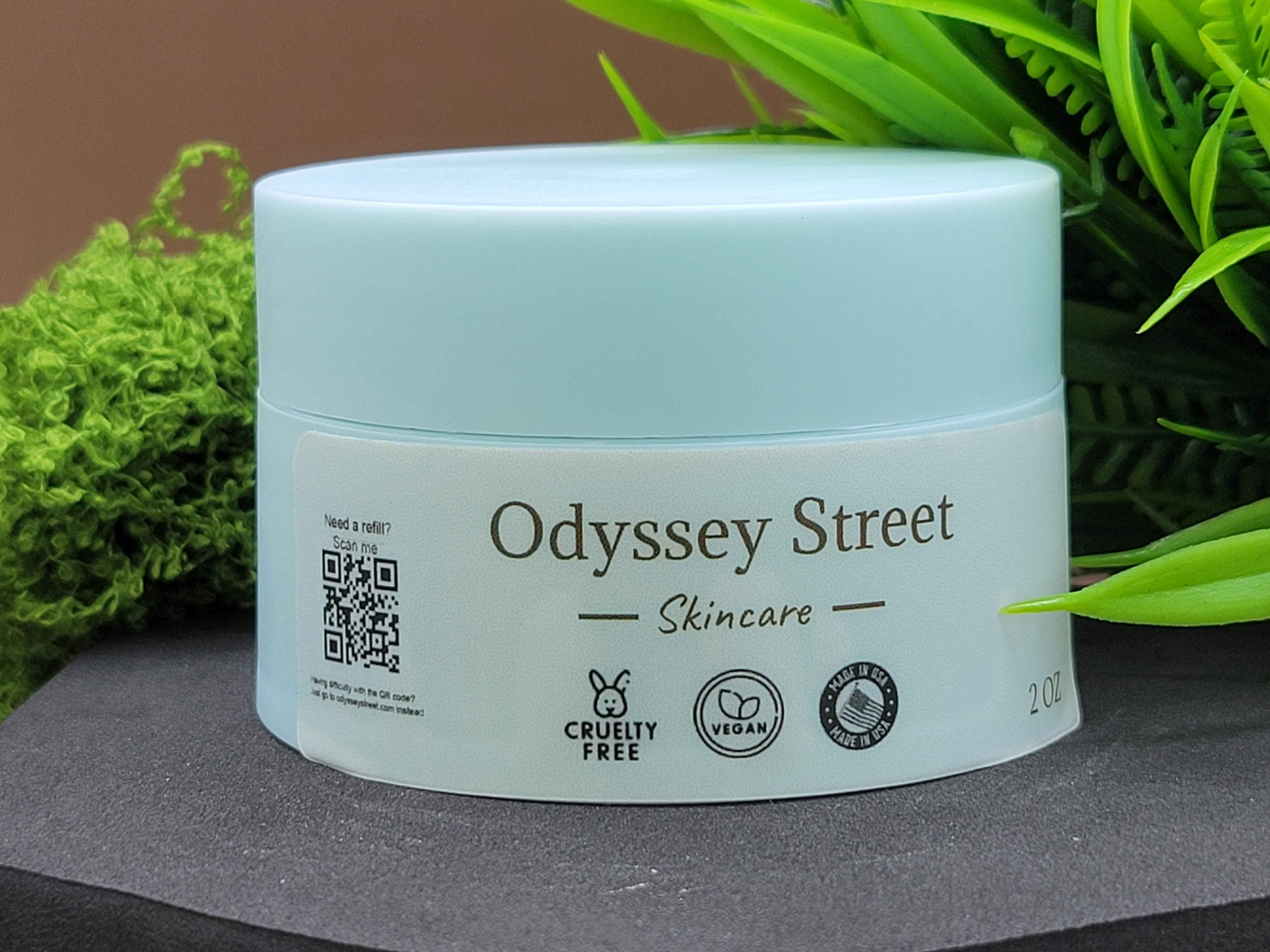
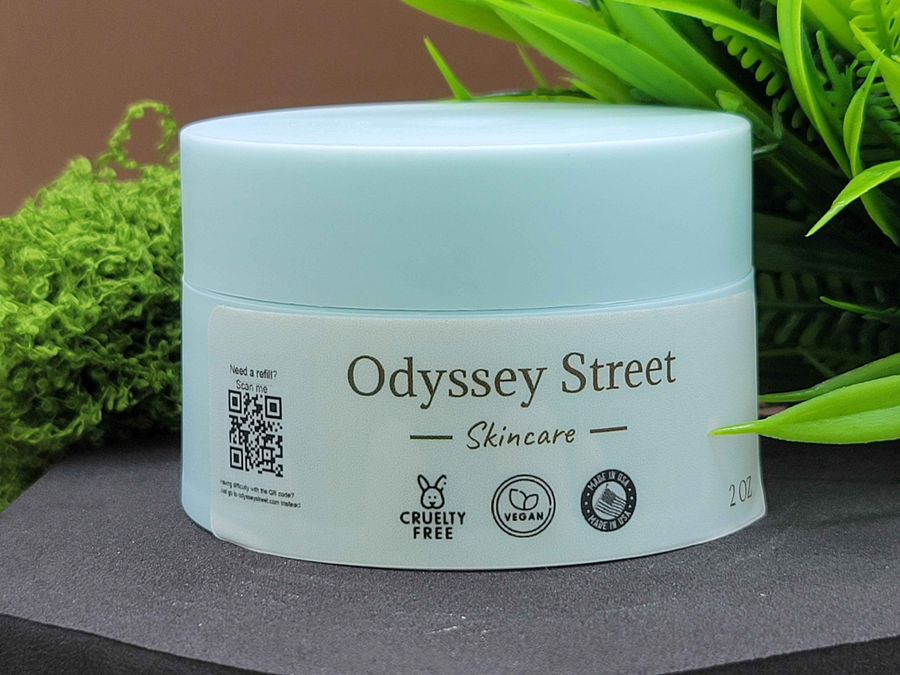
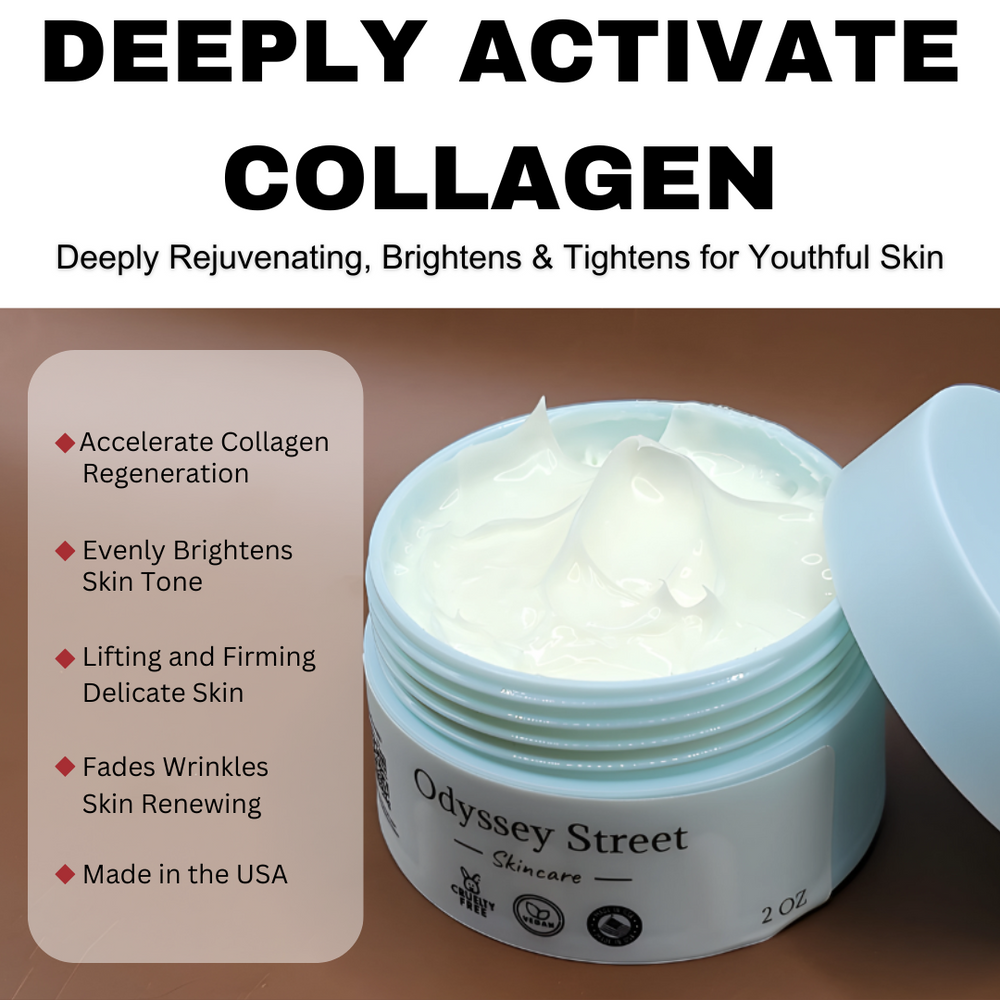




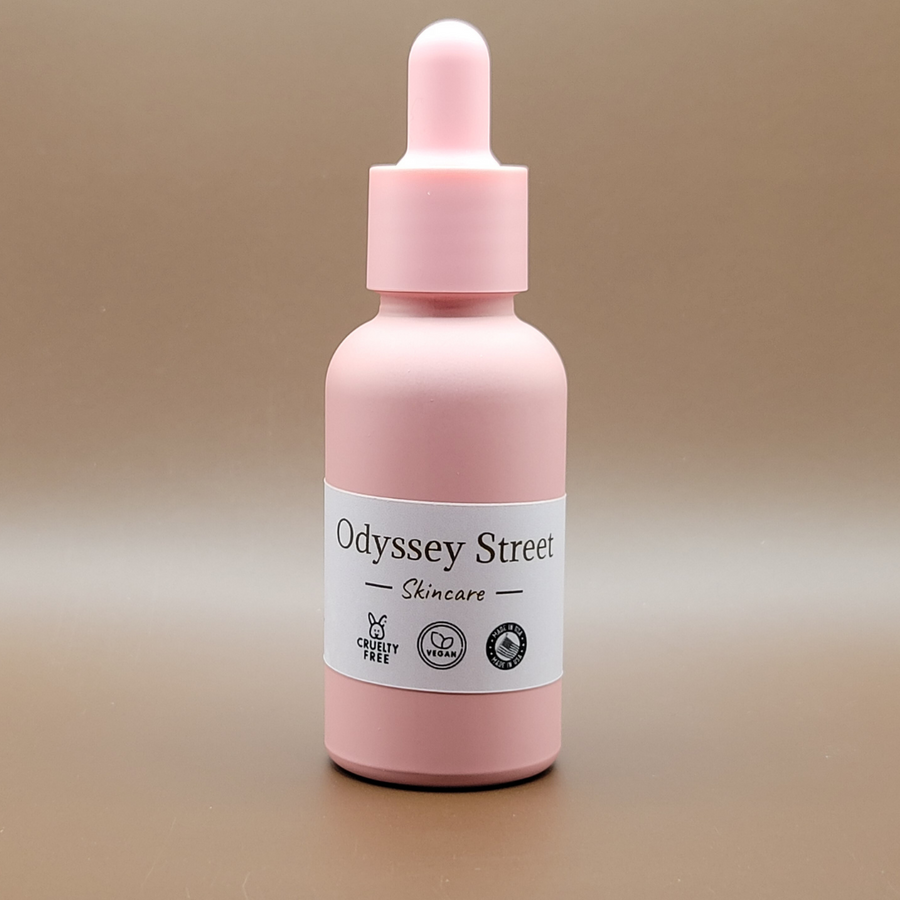
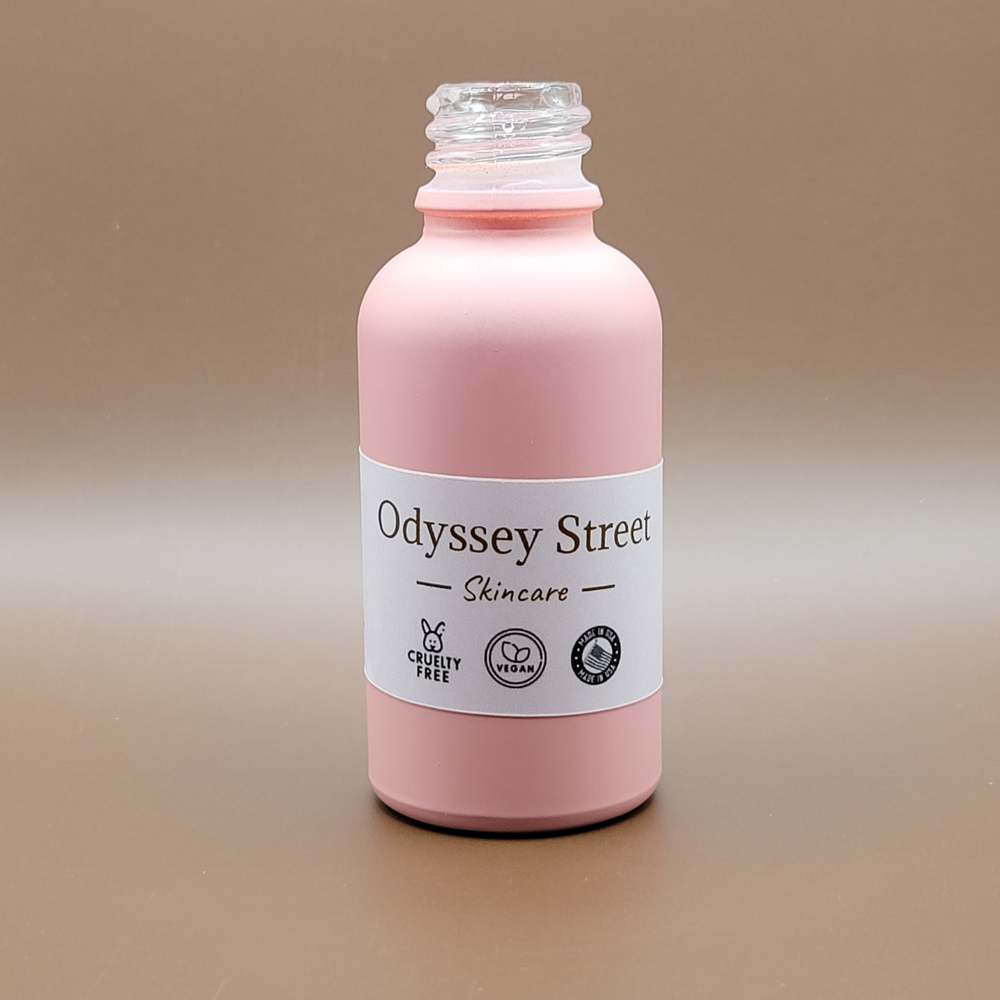
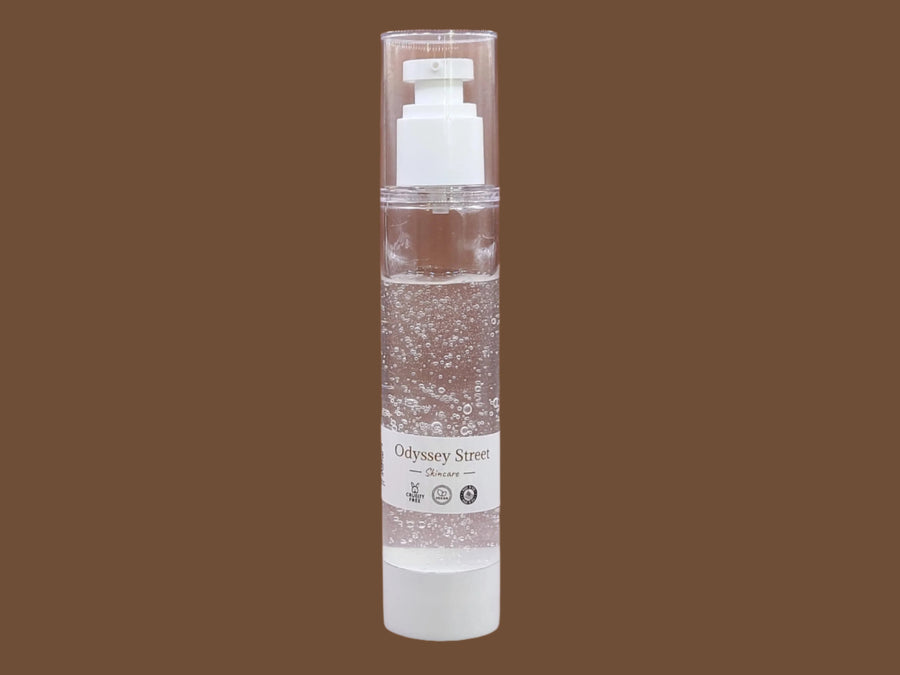
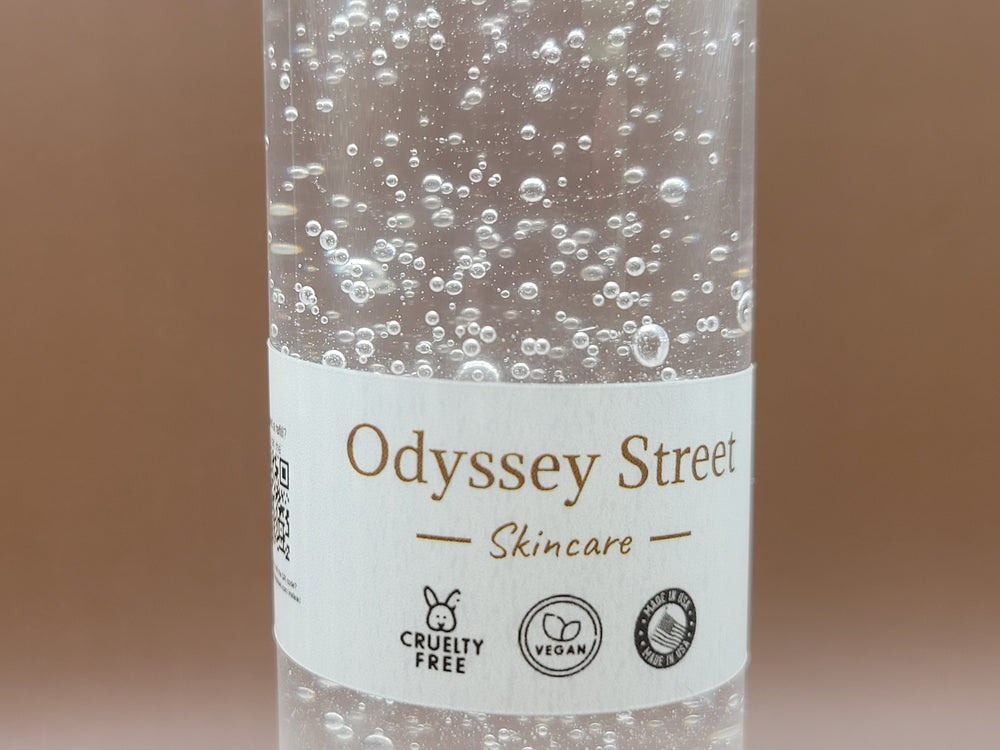
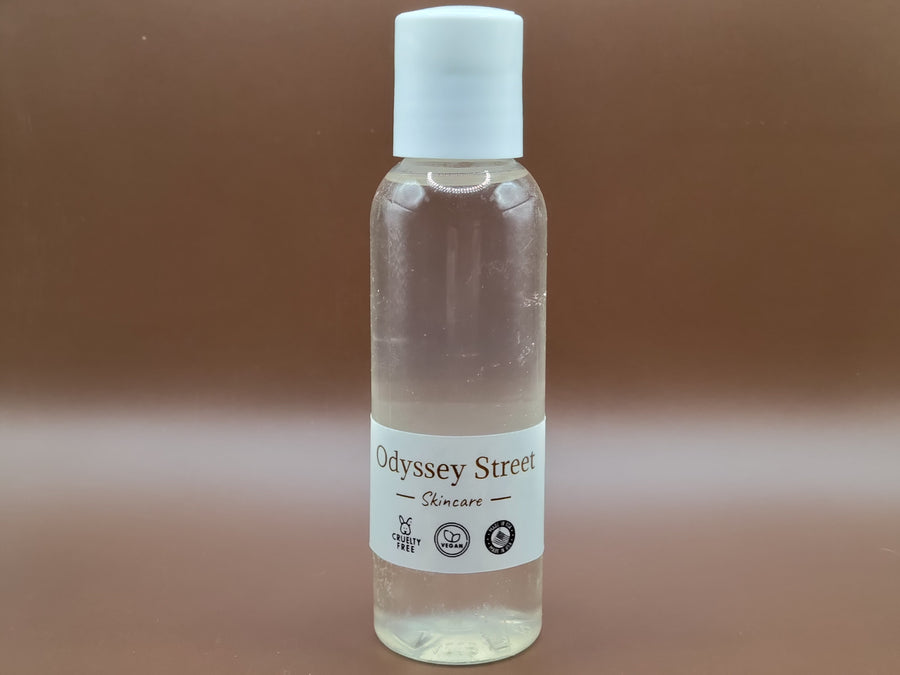
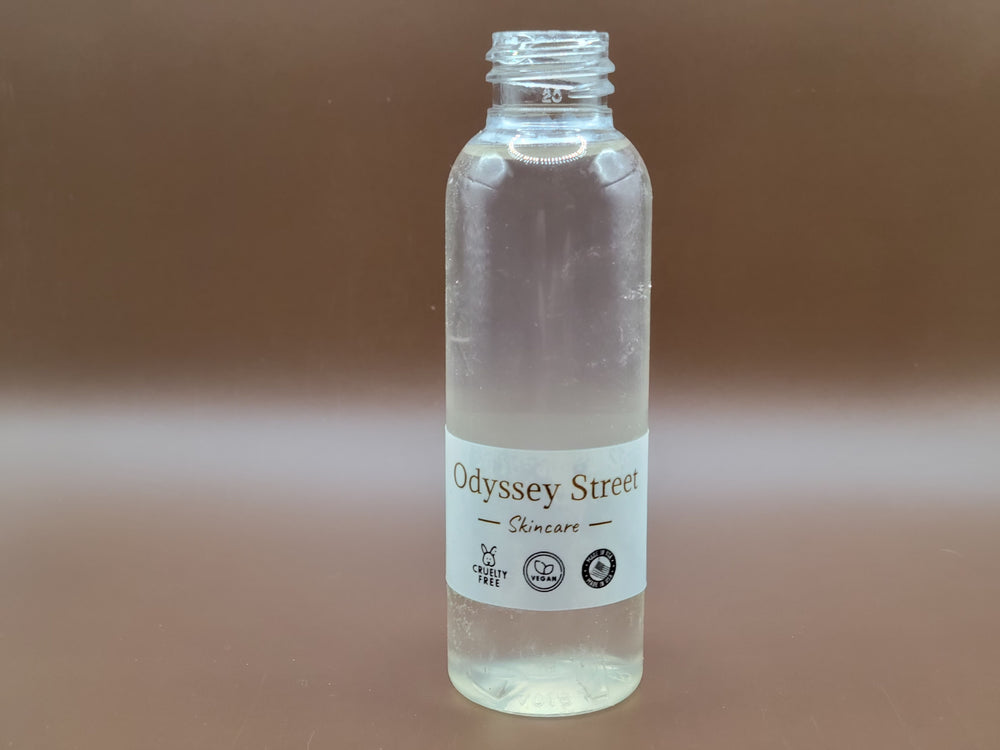
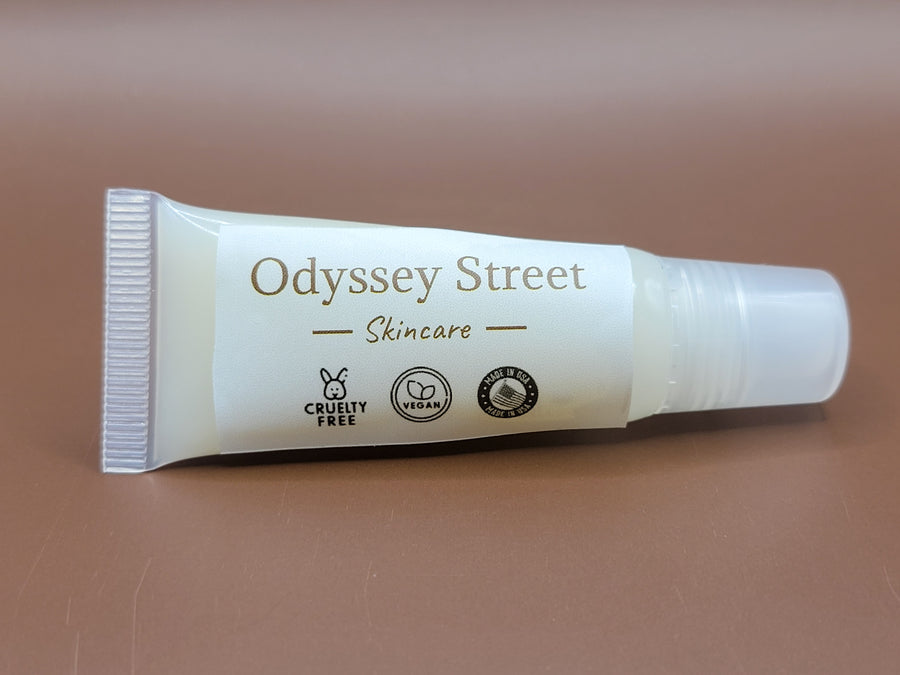
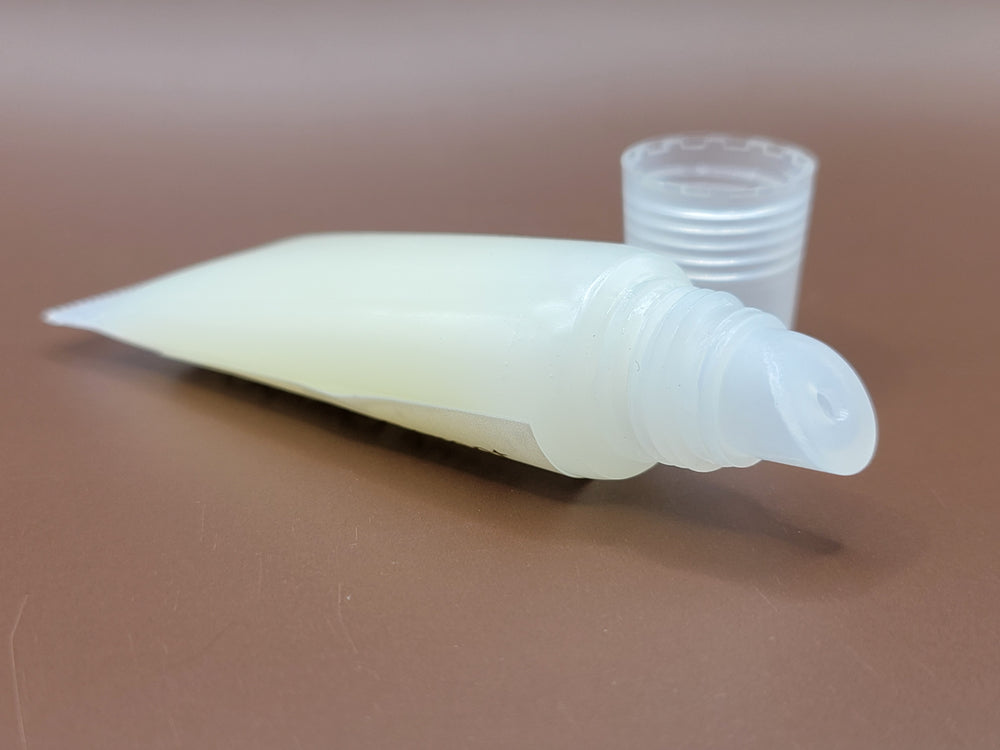
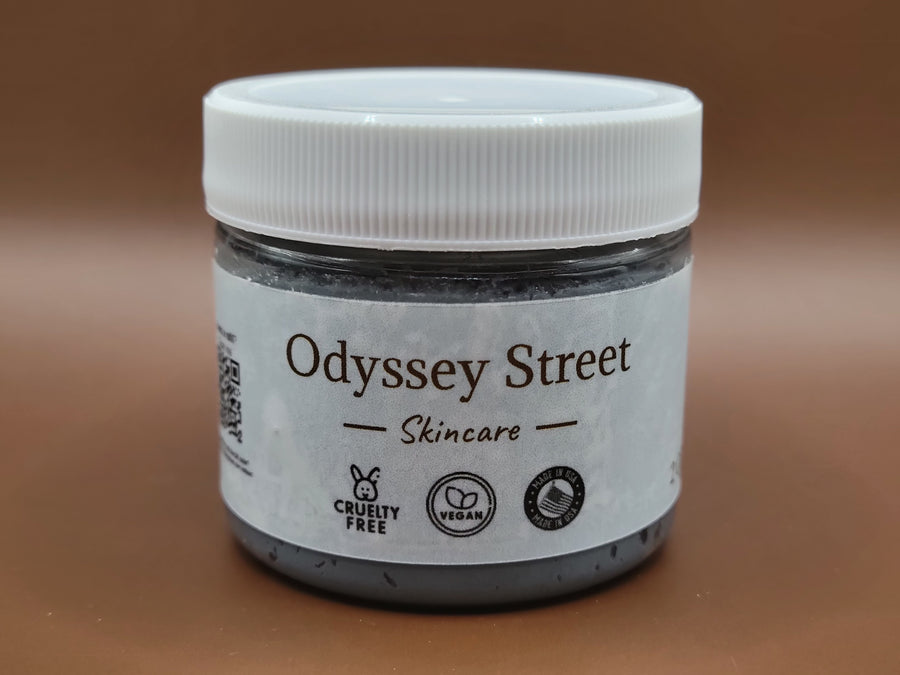
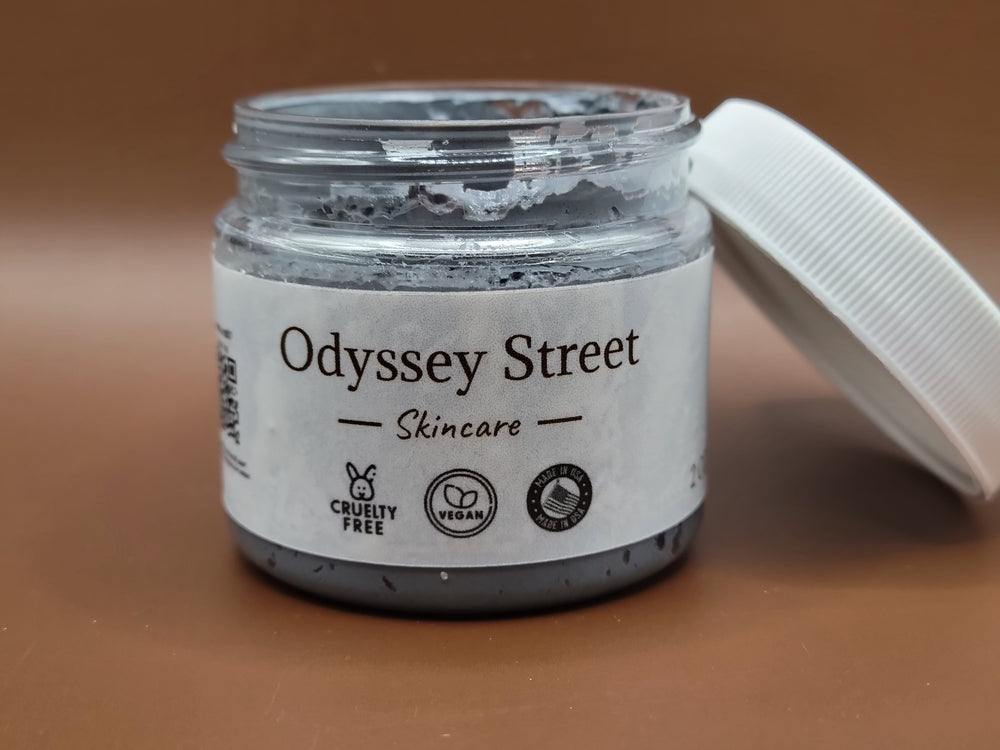
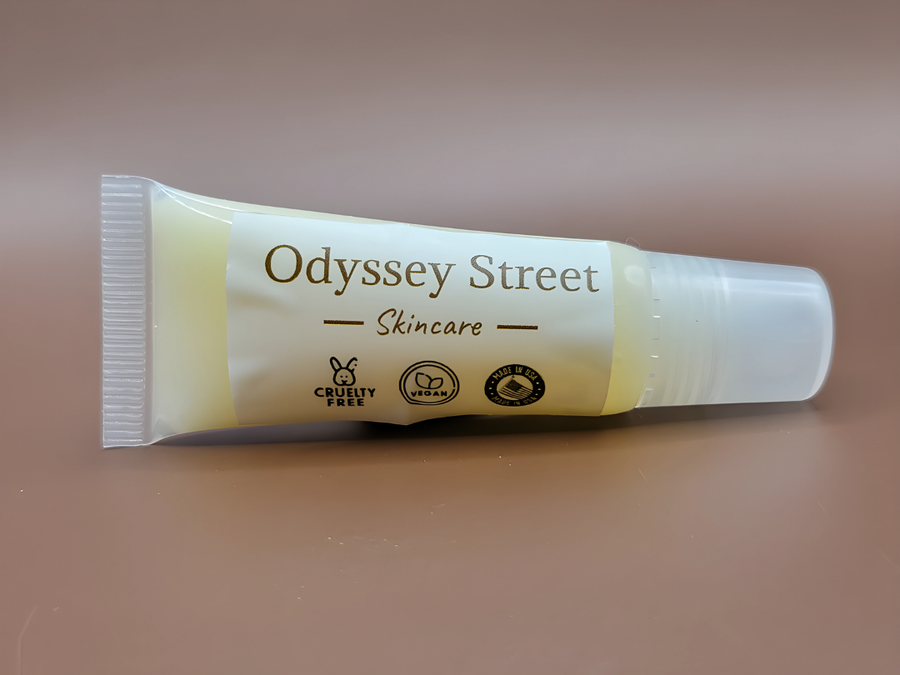
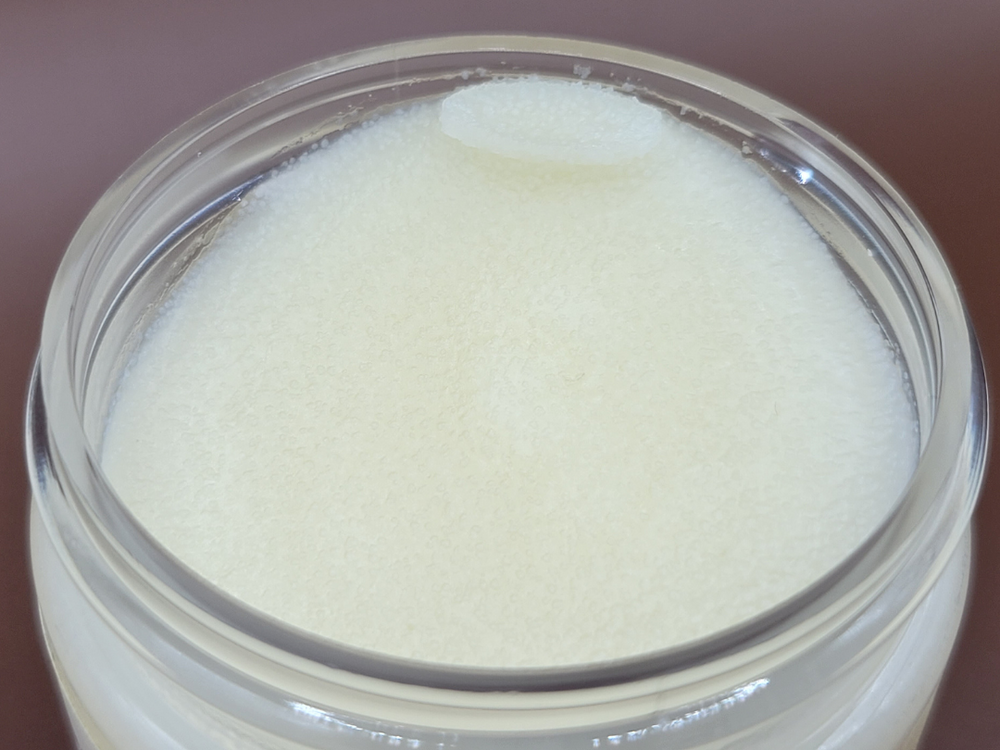
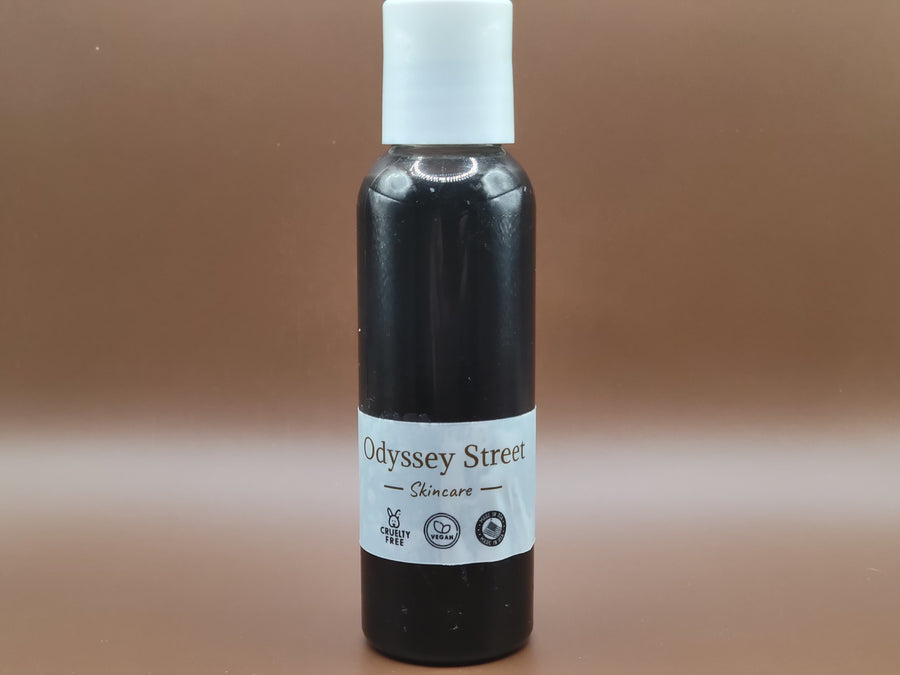

Leave a comment